When the to-do list spans over multiple pages, the workload stacks up into the clouds, and stress snakes its way into our consciousness, it’s no wonder we sometimes feel like we are running a marathon in mud up to our thighs. It’s tiring, overwhelming, and at times, seems impossible to finish. But we tell ourselves a great entrepreneur has a passion for hard work, and use that as an excuse to keep going, despite the swarm of tasks threatening to sting our mental health.
What we don’t realize is the business experts we look up to, the individuals who seem to effortlessly get things done correctly and efficiently, aren’t overexerting themselves to get their job completed. Odds are, they are practicing mindfulness both in their personal and professional lives. Mindfulness, commonly associated with meditation, refers to gently noticing what’s happening in the present moment. We can then use that information to assess how it affects us and determine what our possible routes of engagement are.
Mindfulness is becoming a common talking point among successful businesses, some even taking measures to weave it into their employee’s daily routine. Below, we discuss the benefits of mindfulness in the workplace, how you can practice it too, and what habits could be counteracting your efforts.
1. Mindfulness helps you cope with anxiety and stress.
When we practice mindfulness, we schedule moments to reflect inward. By doing this, we can organize our overwhelming thoughts, reducing anxiety and stress, and strengthening our ability to cope with change. By analyzing a situation for what it is, we realize outside forces are not always in our control. We can then harness our composure while taking appropriate measures to get through the situation, one step at a time.
Mindfulness also encourages us to make failure a learning experience rather than something to sulk over. When we look at a problem as a phase, it doesn’t seem so daunting, and a solution is always in sight.
2. Practicing mindfulness at work can increase productivity and improve overall focus.
When we multitask, we tend to only half-complete an item on our to-do list. We then have to go back and inefficiently recap some of our work before moving forward. Mindfulness discourages multitasking within the moment, encouraging us to instead look at one problem and solve it before tackling the next. Tip: If the job is too large to complete all at once, take a moment to set personal milestones in bite-size pieces.
With that said, give yourself permission to take breaks. Although it may seem contradictory at first, looking away from your project for a few minutes every hour will actually help your productivity and execution. Your brain is like a muscle: it needs breaks, or it will tire out. I personally have found success in the Pomodoro Technique: Work for twenty-five minutes then take a five-minute break before starting work on the project again.
3. Mindfulness cultivates self-confidence.
How do I feel about what is happening right now? What is the best way to solve the task at hand? By asking these questions, we build self-confidence in our decisions. This instills trust in our instincts and appreciation for our problem-solving mind.
4. Mindfulness encourages deeper professional relationships.
When mental health is a priority, employee engagement is increased, and support between co-workers becomes a norm. By being aware of our thoughts and feelings, and thinking through our actions rather than just reacting, we better our communication with our peers and promote social connection through empathy and response flexibility.
Beware of bad personal habits that counteract the good.
Lack of sleep clouds your mind, regardless of how much coffee your drink. Creating a healthy sleep schedule is crucial to your mental health.
A poor diet. Eating well gives your body the energy and nutrients it needs to perform optimally. Be mindful by carving out time to eat meals, picking healthier options, and staying away from mindless snacking.
A cluttered space leads to a cluttered mind. It’s important to take some time each week or each day to pick up your work area.
Can micro-dosing psilocybin strengthen mindfulness?
Although some may view it as a bit controversial, there are numerous first-hand experiences that point to the benefits micro-dosing psilocybin can have on your mindfulness in a professional setting. Individuals who have tried this method have reported enhanced productivity, a decrease in anxiety, and ego dissolution. Users have also experienced an increase in energy, motivation, and an overall uplifted mood. Micro-dosing refers to consuming low doses of a psychedelic, usually about a tenth of the normal dose, to experience the creative and cognitive effects without the hallucination. I personally use 0.2 grams approximately three times a week and have had glorious success with that dosage. While this is a great example of what an effective micro-dosing schedule would look like, everybody is different, and you may require more or less to experience the mindfulness benefits psilocybin can provide.
The key takeaway.
Check-in with yourself. Make a habit of interacting with yourself by checking in throughout the day, even if that means setting a timer so you remember to do so. You can try performing a quick body scan to relieve tension, or practice self-inquiry and self-compassion to cope with day-to-day stressors. Ask yourself why you feel the way you do, then look for a creative solution, without judging yourself or others. If you’re interested in taking the plunge, you can further research how micro-dosing psilocybin has helped working professionals by visiting Medium.com or reading applicable articles on Google Scholar.
Looking to try a few mindfulness exercises at work? Check out these three from Positive Psychology.

